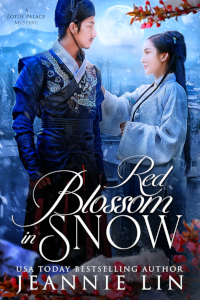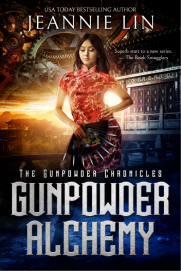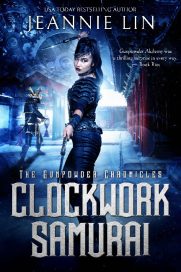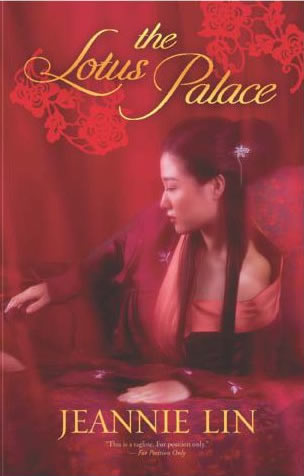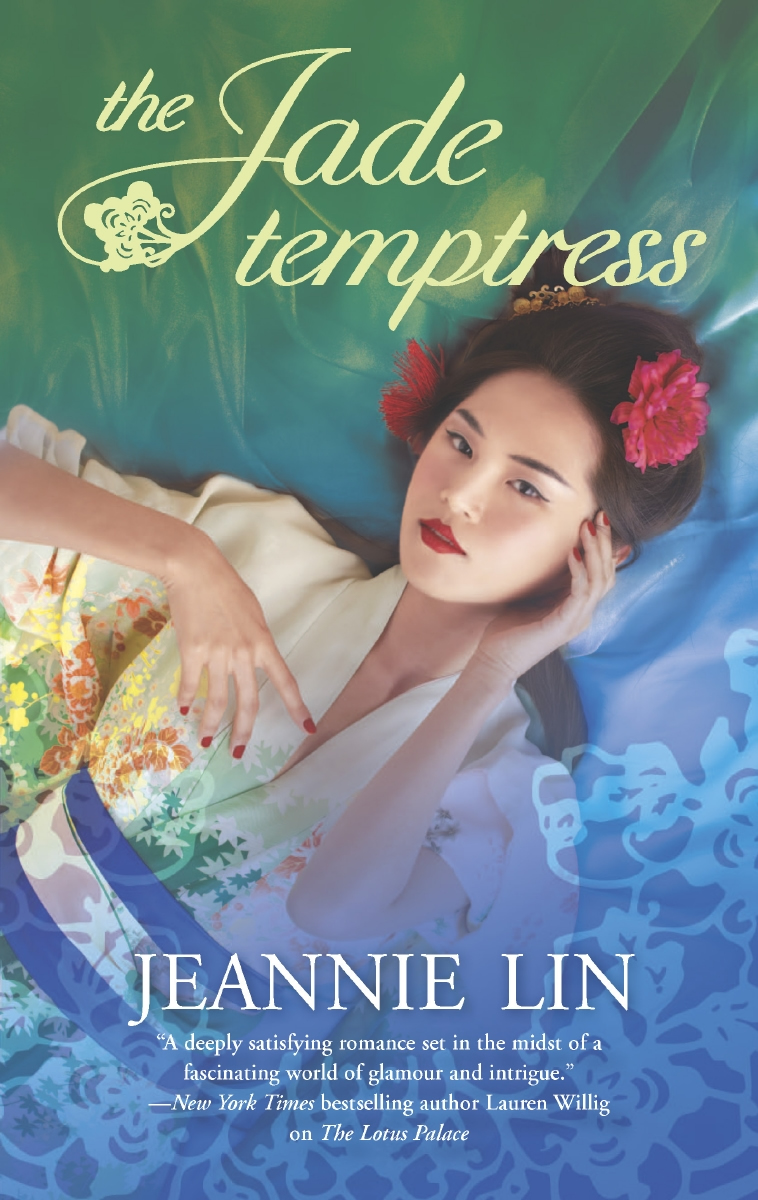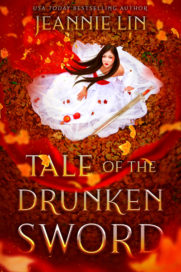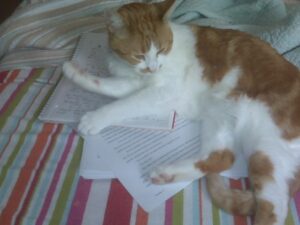Little Sis and I are offering not one, but two joint critiques for auction:
Brenda Novak online auction for Diabetes Research
In conjunction with that, I wanted to give a peek into what the critique and writing process is like between us. I’ve posted before that I think Little Sis has killer instincts and knows how to take something I’ve written and guide it to a stronger, better place. She taught me how to critique and thus, pretty much how to be a better writer.
The blog this week will go through a recent opening I wrote, how Little Sis responded, and then my revised opening based on her critique. Throughout each step of the way, I’ll discuss my reasoning and commentary on her critique. I’ll cover what makes a good critique for me and how I know to trust feedback — as I actually get many readers in addition to Little Sis. P.S. Bria Quinlan is another one of my trusted readers.
***
Breaking Good Writing
In workshops, I talk about how the most important lesson I learned was that good writing wasn’t enough to take you to the next level. The hardest part of the game is when your pages are good, solid, workable– but how to make them better?
Here was an example of an opening that I thought was good. I thought it achieved its purpose and hit all the notes I wanted to hit. It made it through several rounds of readers as well, but Little Sis eventually gave some feedback that turned things around.
This is a risk for me because this hasn’t been accepted by my editor yet. So the caveat is it may all change in the final version. You, the blog reader, may also find that you don’t like this opening at all or you would have totally written it differently. Or that my writing isn’t THAT good. That’s all fine. Please don’t take this as an example of how to write a good opening. I’m trying to illustrate the critique process and I hope to learn something myself by deconstructing it in this way.
Version 1:
This is a draft of an unpublished manuscript, prior to any professional editing or copyediting. This is how the story opens.
Tang Dynasty China, 824 A. D.
Chapter 1
Fei Long faced the last room at the end of the narrow hallway, unsheathed his sword, and kicked the door open.
A feminine shriek pierced the air, along with the frantic shuffle of feet as he strode through the entrance. The boarding room was a small one. The inhabitants, a man and a woman, flung themselves into the corner with nowhere to hide.
His gaze fixed onto the woman first. His sister’s hair was unbound and her eyes widened with fear. Pearl had their mother’s thoughtful features: the high forehead, and the sharp angles that had softened since the last time he’d seen her. She was dressed only in pale linen underclothes. The man who was with her had enough daring to step in between them.
Fei Long glanced once to the single wooden bed against one wall, the covers strewn wide, and his vision blurred with anger. He gripped the sword until his knuckles nearly cracked with the strain.
“Bastard,” he gritted out through his teeth.
He knew this man he’d come to kill, this boy. At least he’d been a boy when Fei Long had last seen him. And Pearl had been a mere girl. Now she was a grown woman, staring at him with a fearful question in her eyes.
“Fei Long.” Pearl’s fingers curled tight over her lover’s arm. “So now you’ve come.”
The soft bitterness of the accusation cut through him. Pearl had begged for him to come back a year earlier when her marriage had first been arranged. He’d dismissed her letters as childish ramblings. If he had returned then, she might not have thrown herself into ruin. Their father’s spirit wouldn’t be floating restlessly between heaven and earth.
The young man stretched himself before Fei Long, though he failed to match him in stature. “Not in front of Pearl,” he implored.
Though he trembled, Han fought to keep his voice steady as Pearl clung to him, hiding just behind his shoulder. At least the dog managed to summon some courage. If Han had cowered or begged for his life, he would already be dead.
“Step away, Little Sister” Fei Long commanded.
“No.”
“Pearl.“
“I’d rather die here with Han than go to Khitai.”
She’d changed in the five years since he’d seen her. The Pearl he remembered had been obedient, sweet-tempered, and pleasant in all things. Fei Long had ridden hard from Changan to this remote province, expecting to find the son of a dog who had stolen her away.
Now that she stood before him with quiet defiance, he knew she hadn’t been seduced or deceived. Zheng Xie Han’s family lived within their ward in the capital city. Though lower in standing, the Zheng family had always maintained a good reputation. His sister had turned to Han because she had no one else.
The tension drained out of Fei Long, stealing away his rage. His throat pulled tight as he forced out the next word. “Go.”
The two of them stared at him in disbelief.
“Go,” he repeated roughly.
Fei Long lowered his sword and turned away while they dressed themselves. Shoving his sword back into its sheath, he faced the bare wall. He could hear the shuffle of movement behind him as the couple gathered their belongings.
The bleakness of the last weeks settled into his gut like a stone. When he’d left for his assignment to the northwestern garrison, Fei Long had believed his home to be a harmonious place. Upon news of his father’s sudden death, he’d returned to find his sister gone and debt collectors circling the front gates like vultures.
His father’s presence had been an elaborate screen, hiding the decay beneath the lacquered surface of their lives. Fei Long now saw Pearl’s arranged marriage for what it was: a desperate ploy to restore the family honor-or rather to prolong the illusion of respectability.
When he turned again, Pearl and Han stood watching him tentatively. Each of them had a pack slung around their shoulder. Off to face the horizon with all their belongings in two tiny bags.
Han bowed once. “Elder Brother.”
The young man risked his temper to deliver the honorific. Fei Long could bring himself to return the bow. Pearl met his eyes as they started for the door. The heaviness of her expression struck him like a physical blow.
This was the last time he would ever see his sister.
Fei Long took his money pouch from his belt and held it out. The handful of coppers rattled inside. “Here.”
Han didn’t look at him as he took it.
“Thank you, Fei Long,” Pearl whispered.
They didn’t embrace. The two of them had been apart for so long that they wouldn’t have known how. Fei Long watched their backs as they retreated down the long corridor of the country inn; gone like everything else he had once known to be true.
* * *
Yan Ling moved from table to empty table in a restless circle, wash rag in hand, as she wiped away at wooden surfaces rubbed bare from long use. The tea house conversations had quieted hours ago. The crowd had cleared away except for a single patron.
He’d been there for hours and he wasn’t even drinking his tea anymore. Instead, he had taken to staring into his cup. He was seated at the center of the room, drawing attention in every way.
The man had set a sword onto the edge of the table upon arriving. That was when Yan Ling had first noticed him. His robe marked him both as an outsider and a man of high rank. It was of fine woven silk and richly dyed in a dark blue. He wore his thick hair long, the front of it pulled back into a knot in the style of aristocracy. She was stricken by strength of his features; the hard line of his cheekbones and the broad shape of his face which narrowed slightly at the chin.
In lieu of money, he’d shown a jade seal to the proprietor. Her master and his wife had nearly broken their backs bowing and welcoming him. Government official, they’d guessed in the back room. Though he traveled without any escort and had a sullen expression that sunk lower with each hour. Her guess was that he needed something stronger than tea.
After a day that had begun with the first light of the sun, Yan Ling simply wanted to sit. She envied the proprietor, who was seated quietly in the corner, tallying up the day’s cash. The wooden beads of his abacus clicked together, signaling that the day should be done. Her feet ached and no matter how much she wriggled her toes in her slippers, the feeling wouldn’t quite return to them.
The clang from the kitchen meant that the cook and his boy were cleaning their pots. A mountain of cups and bowls and little plates would be waiting for her. And yet this one patron was still hoarding his cold tea. One more customer and she could rest for just a moment. The tea house was so humble that it couldn’t ignore any earnings, not even a few coins from a traveler who wanted to nurse his tea for hours.
She guessed him to be twenty-five years. With a slight crease between his eyes that she imagined came more from deep contemplation than age. Really too young to be muttering to himself out of senility. Yet he was doing it. Again.
Gingerly, she approached the table. “Does the honored guest need anything?”
She reached for the clay tea pot only to have him wave her back with an irritated scowl. For a gentleman, he was uncommonly rude, but she supposed wearing silk and jade gave him that privilege. He propped his elbows onto the table, shoulders hunched to return to his vigil.
He was never going to leave! Occasionally the tavern at the other end of the street would need to throw out drunks, but it had never been an issue here. She stood a respectful distance away and looked to the proprietor for help.
Her master was deep into his coins. His wife was shouting orders back in the kitchen. No help was coming. Defeated, Yan Ling turned to wipe down her already cleaned table once more when the stranger spoke.
“I need a woman,” he mumbled. “Any woman would do.”
Her stomach dropped. She swung around, her mouth open in shock. The stranger raised his head. For the first time, his eyes focused on her, looking her up and down.
“Perhaps even you.”
If his tone had been leering, or his look more appraising, it might have been less offensive. But the coldly pensive way he’d said it-and then the addition of ‘perhaps’ as if to plunge her worth even further.
Yan Ling grabbed the teapot and flung the contents onto the scoundrel, expensive robe and all.
Suddenly there were plenty of people crowding the tea room. Her master jumped up from his table. His wife had come like a windstorm from the kitchen, rag in hand as she apologized profusely. Even the cook and his boy were gawking through the curtained doorway.
The stranger had shot to his feet. The front of his robe was stained dark with a splatter of tea.
“Get out!” The master’s wife shrieked at Yan Ling before turning to fuss at their precious patron. “We are so sorry, my lord. So sorry.”
Yan Ling was still clutching the tea pot while she stared.
The nobleman reached up to swipe the tea leaves from his chest in one angry motion. His eyes remained fixed on her the entire time. He had lost that distant, brooding expression he’d worn all day. Heat rose up the back of her neck as she stumbled a few steps back.
What had she done?
“That know-nothing, good for nothing girl,” the proprietor railed.
Her ears rang as she ducked into the kitchen through the beaded curtain. The steam enclosed her, but the clang of the pots couldn’t block the nobleman’s deep voice as he complained about her. She could hear her master agreeing wholeheartedly, accompanied by the cooing apologies of his wife.
It wasn’t as if she hadn’t been taunted before, but over the last years the teasing had taken on a different tone as her bone-thin figure had curved its way into womanhood. She’d learned to deafen her ears and stare ahead, never meeting any of the not-so-subtle glances thrown her way. Yet to suffer such insult from someone who appeared so refined-it was unbearable.
Ignoring the curious stares from cook and the kitchen-boy, she slipped through the back door. Her palms were damp and she wiped them restlessly against the sides of her gray tunic. Fear set her heart pounding.
One moment of hot-headedness. She’d lashed out at a well-dressed gentleman, of all people. She wasn’t even a servant when it came to this man. She was the humble servant of humble servants. Who was she to be outraged? She wasn’t allowed it.
She would certainly be scolded by both her master and his wife, each separately and then together. Yan Ling could hear them already. She was too much of a burden to feed, to clothe. She wasn’t even pretty enough to bring in more customers.
They might even be angry enough to take a bamboo switch to her. A beating was all she’d have to suffer, if she was lucky.
Jeannie’s Commentary:
Now I know the pages have to stand on their own. The author never gets to explain why they did things to the reader. So I’ll just say I felt this opening was solid when I sent it on to beta-readers and Little Sis. It set up both my hero and heroine as sympathetic and interesting characters (hopefully!) and also eased readers into my world. Nothing says wuxia and adventure like a good ol’ tea house, you know?
Tomorrow I’ll post Little Sis’ comments with more discussion.(See feedback on opening.)
In the meantime, check out my auction items at Brenda Novak’s auction which opens today:
For writers: Joint critique with Little Sis
For everyone: Butterfly Swords fan pack (the one-of-a-kind annotated copy is included)



